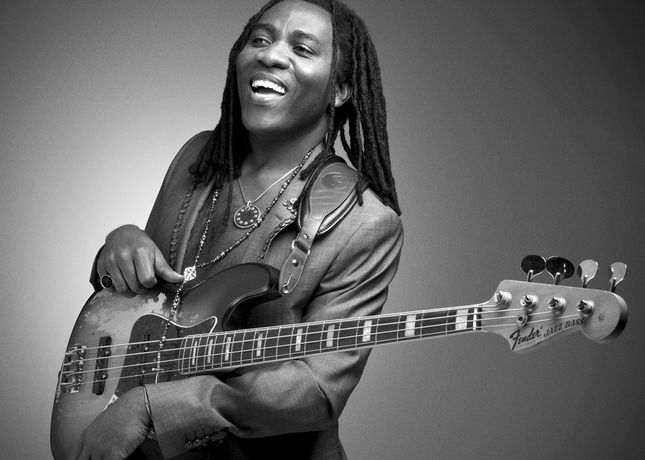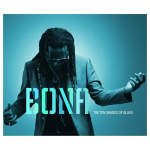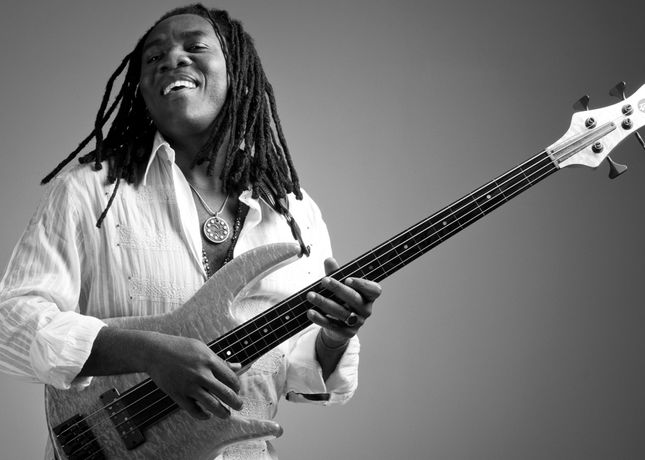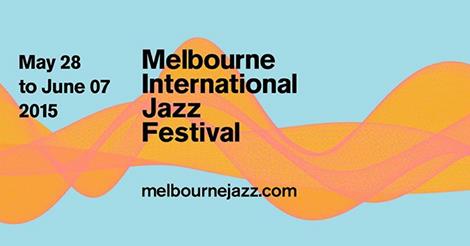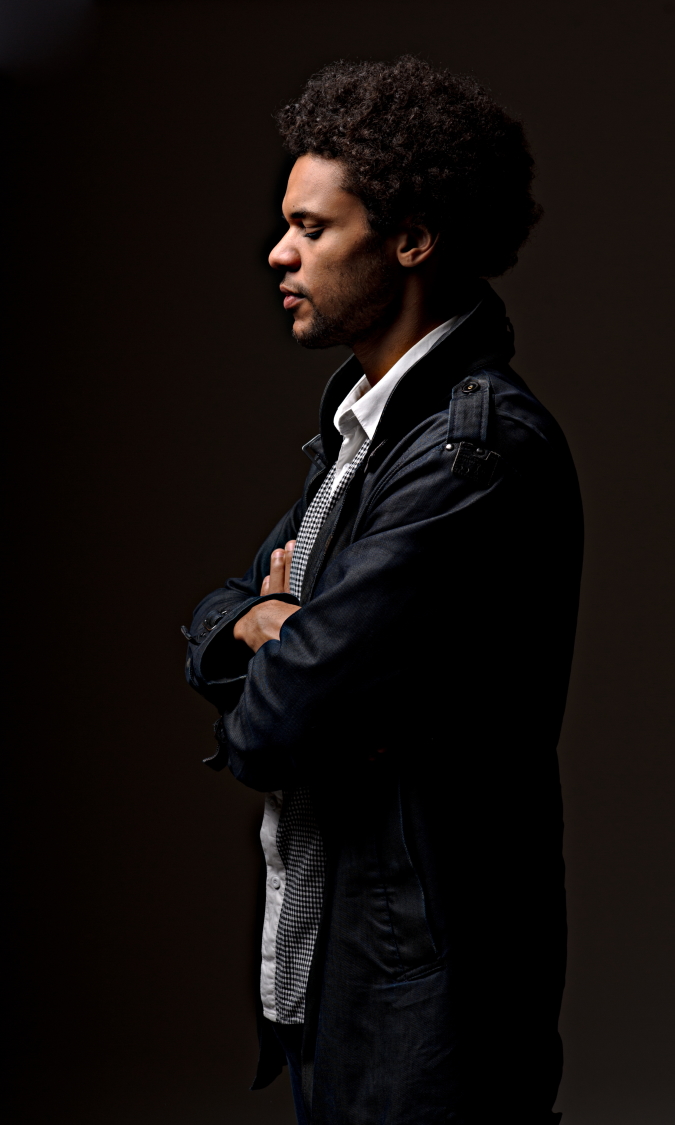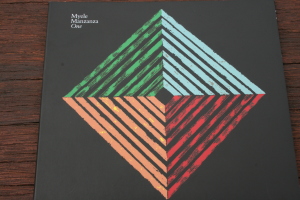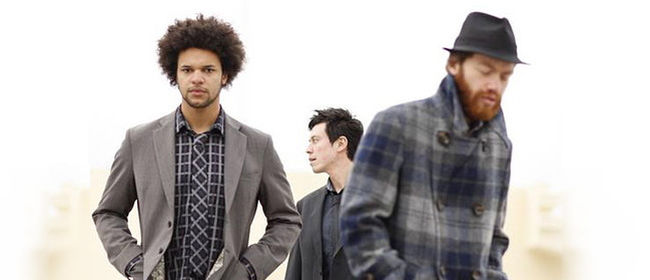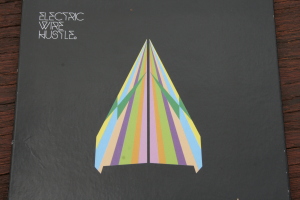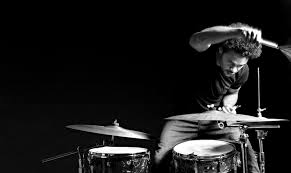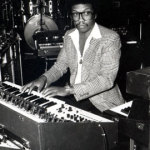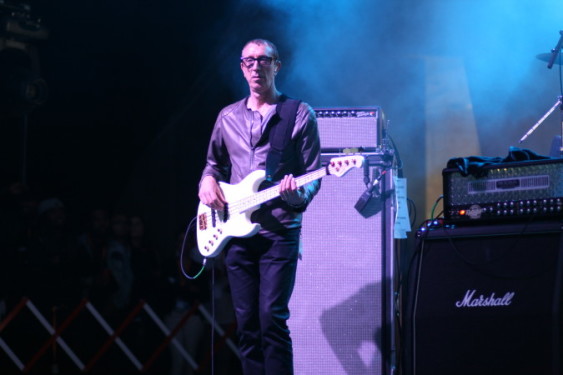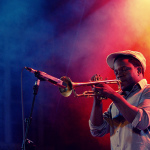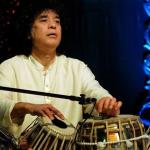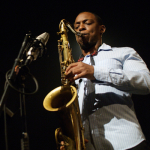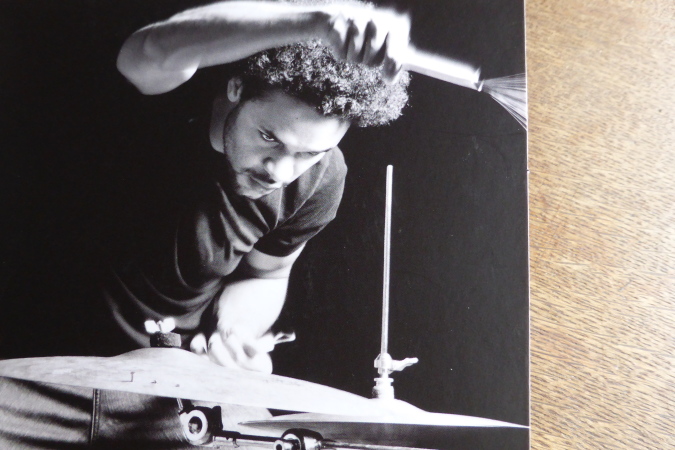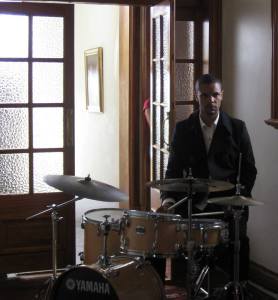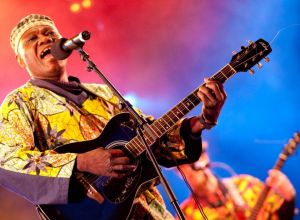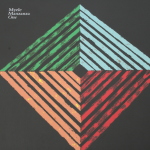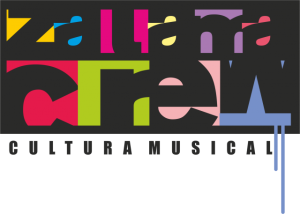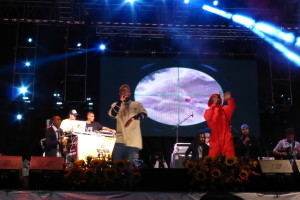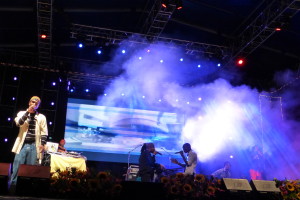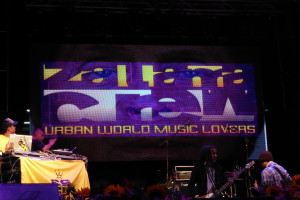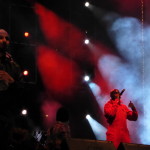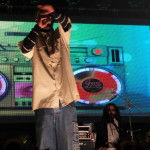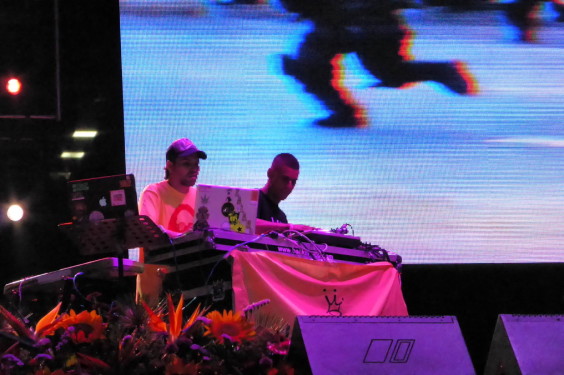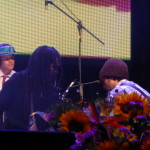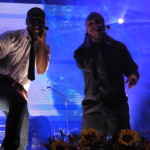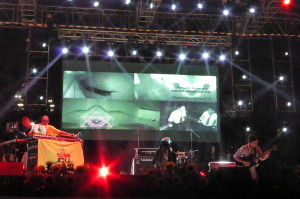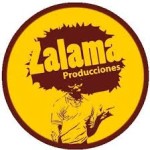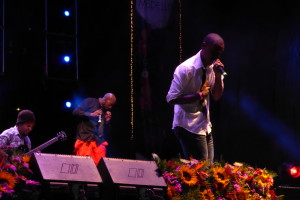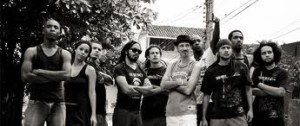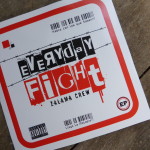Being mentored by Wynton Marsalis; getting a trumpet lesson from Clark Terry before he passed; touring with D’Angelo And The Vanguard and so many others, and more recently playing trumpet for Don Cheadle in his role as Miles Davis in Miles Ahead. Those are just a few on an insanely-long list of music experiences St Louis-born trumpeter, composer and producer Keyon Harrold has within him.
Keyon performs next week at Melbourne International Jazz Festival, giving fans the blessed opportunity to experience him “go deeper musically” in a live setting and to hear new music. He took time with me before his trip to share some of his good-news music stories.
“I try to surround myself with the best”
B: The first time I heard you play live was in Australia with Maxwell at Soulfest 2014. Last year I caught you in London with D’Angelo And The Vanguard. And next week you’ll be in Melbourne again performing at the jazz festival with Twi-Life. You certainly keep yourself in fine musical company dont you?
KH: Exactly. I try to surround myself with the best.
x
x
x
“the horn is so much like a voice”
B: The trumpet seems to bring an additional freedom available for the taking that other instrumentalists don’t necessarily have- a greater flexibility maybe, to dip in and out, both within songs and between different musical projects. You seem to have taken full advantage of that versatility on offer to you.
KH: Absolutely. I try to sing it the way I can, being able to basically somersault from the jazz to the hip-hop to the R&B to the whatever. You know, whatever it demands, whatever the idea is, I try to bring it to life.
The horn is so much like a voice. I just wanna be able to sing in any genre that I take on. I love it.
“music is music”
B: Amongst the many different artists you’ve collaborated with during your career, where along the way have you felt most at home musically?
KH: I feel at home in any situation. It doesn’t matter to me cause I think music is music. The only thing that changes music to me is the beat. That’s also what Quincy Jones taught me.
I was explaining to some kids today. They asked me about the idea of do I play hip hop, or do I only play jazz. And I gave them an idea. I started playing the theme to Star Wars and had them basically pound out a beat while I changed the melody to fit their beat. And it was hip hop. And it classical. And it was jazz. You know, going back and forth.
And I let ‘em know that music is music. There’s only 12 notes so, I take that and I do what I do creatively in between that. The beat is the only thing that dictates what genre I’m in.
“music is who I am”
B: Talking with Marcus Strickland last week he told me a little about Meshell Ndegeocello recording your spoken words for the Nihil Novi track “Mantra” over the phone. Do you want to elaborate on the feelings you expressed to Meshell there about music?
KH: That interview is one of the funniest interviews I’ve ever done. Cause first of all I didn’t even know I was being interviewed. Meshell Ndegeocello called me and she was just like “Keyon, can I record you?”. I was like “Ok”. Then we just started talking and going into you know, whatever.
I think I spoke basically to the point that music is who I am. Music is how I approach the world.
B: So you didn’t know it was intended for the song?
KH: I did not know at all. That’s what was the funny thing. I went over to Marcus’ house one day after he finished mastering the record and he played it for me and I had no idea that that’s what it had turned into. I guess that’s maybe the reason why it flowed the way it did.
“Her Beauty”
B: If you’re up for it I want to swap “goodness-of-music” stories with you.
Mine’s about your song “Her Beauty (Through My Eyes)”. I first heard it at a time when I’d let myself get way too busy and wound up to stop and feel much of anything; and too busy to even notice. That song instantly hit me deep inside, stirring up a whole lot of emotion, making me feel. It stopped me in my busy tracks and put me back in the present- in my feelings then and there. And it felt damn good to feel.
KH: Oh really? Wow, well you know what, I’ll tell a story about that song. And then I’ll think of something else.
“Her Beauty (Through My Eyes)” was a song that I literally was cooking up in my kitchen.
In my house I have a long deck that I got tired of going downstairs to where my studio was. So I put a set up in the actual kitchen. And I would just sit there and I would watch tv. I would watch sports centre and I would do music. And so I started crafting the music, I started you know making a beat. And what I wanted to do was fuse a trap beat to jazz. Because I’ve heard people try to do it but I’ve never heard them do it well. So I just wanted to do it.
So literally, that song took me about 30 minutes to put that together. And I did it- I did the bass-line, I did the track, I added some colour elements, I put the trap beat on it. And then what I decided to do was to double the bass line. And once I did that, with the trumpet I felt “ You know what, let me play a little bit over this”. So I played a little bit over it. And then like within 30-40 minutes it was done. And I just put it on the internet. I didn’t even think about it. I didn’t even have to send it out to anybody.
I just put it out on the internet because I felt like you know, this is what I feel right now. And it’s beautiful to me and it’s what I think of it. So “her beauty” was about the actual music. It wasn’t necessarily a person. It was just a thought of what I think of as beautiful. But whatever I think of as beautiful, it’s my perspective. If you look at it like a woman then that’s a whole different thing, but I don’t wanna go there.
But that song was just one of the things that was just an honest perspective that I just wanted people to hear. I sent it straight to Gilles Peterson and Gilles Peterson put it on. And I guess people heard it from there. It was a process that didn’t take me going to the studio to do it. I just did it. And just put it out there.
And I’m happy that you.actually.heard.it.
“the kind of legacy that I dream to leave to other trumpet players”
KH: Another moment was when I met Clark Terry.
Clark Terry is an iconic trumpet player – a jazz stylist – an amazing musician. He actually was one of Miles Davis’ influences, from St Louis. I’m from St Louis. He played with Duke Ellington. He played with Oscar Peterson, a lot of different people. And he was just one of those people who was a trendsetter.
He recently died and right before he died, like literally maybe a month before he died, I was able to talk to him over the phone. And he gave me a trumpet lesson.
I was in the middle of a studio session. And I literally stopped the session to go out and have a 30-minute phone call with Clark Terry. And his biggest thing to me was jazz was annunciation on how to swing music. And his biggest thing was teaching me this phrase “oodles and noodles”.
So most people play things straight. But he showed me how to swing my notes by using “oodles and noodles”. It’s tough to explain it cause you had to be there, but it was one of those things.
Getting a chance to talk to Clark Terry before he passed away, that has set me in motion as a trumpet player to this day. You know, looking at people like him, that’s the kind of legacy that I dream to leave to other trumpet players.
“I got a chance to basically embody his spirit”
B: Speaking of Miles Davis and legacies, you play trumpet in the film Miles Ahead. How did it feel making such a significant contribution to a project honouring such a profound musical legacy?
KH: Working on the Miles Davis movie was such a highlight in my life and in my career thus far. An amazing ask of someone to have me step in and do it. I got a chance to basically embody his spirit and to basically push that legacy on. Also I got a chance to be myself as well.
It’s a total honour. You know when you think of jazz, you think of Miles Davis. They’re synonymous. You think of Miles Davis as the Treasure, as the Icon, as the epitome of what Jazz is. And I was called to basically you know, be that person. It’s such an honour.
I mean that project was a special thing. I got a chance to work with my good friend Robert Glasper on the project. He did an amazing job with the score. I got a chance to work alongside Don Cheadle. And so many other amazing musicians. Marcus Strickland is on it as well. Kendrick Scott, Burniss Travis, Elena Pinderhughes, Mike Moreno, to name a few. So many other amazing musicians from the States who all worked on the soundtrack.
It was an amazing project. It took while to get it done but we finally got it done.
at the record store
B: You mentioned Robert Glasper amongst other contemporary artists. If you’re down at your local record store buying new music which three albums are you going to be looking for?
KH: I’d have to have Radiohead [A Moon Shaped Pool]. I’d have to have the new Miles Davis album that Robert Glasper just did – Everything’s Beautiful. I would get the new Drake [Views]. I’d have to have all those.
Obviously the Kendrick Lamar [untitled unmastered] and my man Terrace Martin’s too [Velvet Portraits]. I’d have to have all that too.
“dropping some new music”
B: So when can we hope to get down to our local music store to buy a new Keyon Harrold album?
KH: Later this year, for sure. I’ll be releasing something in the next month. Probably dropping a single in the next month. I’m so excited to start dropping some new music for you guys. Definitely this year.
“an appetiser of what’s to come from the new record”
B: And your festival shows next week?
KH: On the 8th June I’ll be performing some original music so you get an appetiser of what’s to come from the new record. That’ll be myself featuring the Twi-Life group.
And then for the rest of the performances I’ll be supporting Marcus Strickland with Twi-Life. I’m so looking to it. We’ll be at Bennetts Lane, I hear it’s a cool place.
B: It’s that, and a hugely iconic venue for Melbourne. I’m excited to hear you play live again soon.
KH: Perfect. I had no idea that you’d caught me a couple of times already. I’m happy you get a chance to hear me in a different type setting. Playing with D’Angelo is very cool. Playing with Maxwell, also very cool. But you’ll get a chance to hear me really go deeper musically you know, as to what I like to do.
~~~~~~~~~~
Melbourne International Jazz Festival 2016 is on now until 12 June. Robert Glasper’s shows have been and gone but you can catch Keyon Harrold, Marcus Strickland and Twi-Life performing at Bennett’s Lane this coming week.
Tickets here: 8 June – Keyon Harrold feat. Twi-Life; 10 June – Marcus Strickland’s Twi-Life (inc. Keyon Harrold); 11 June – Marcus Strickland’s Twi-Life (inc. Keyon Harrold)
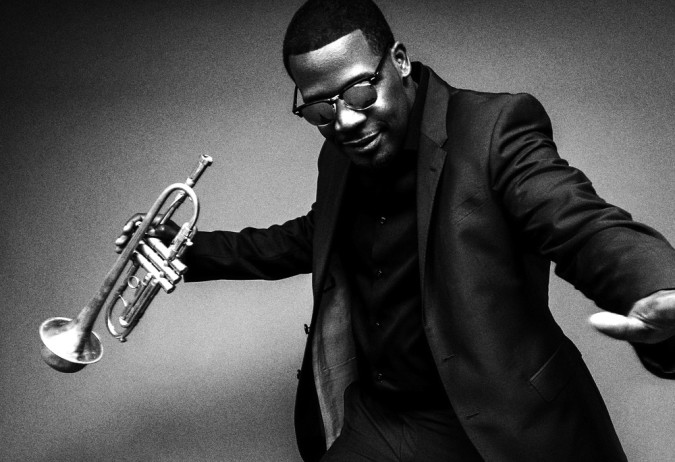
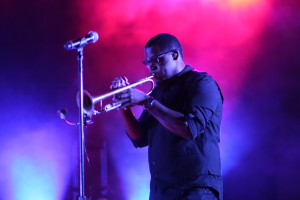
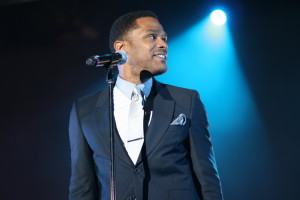

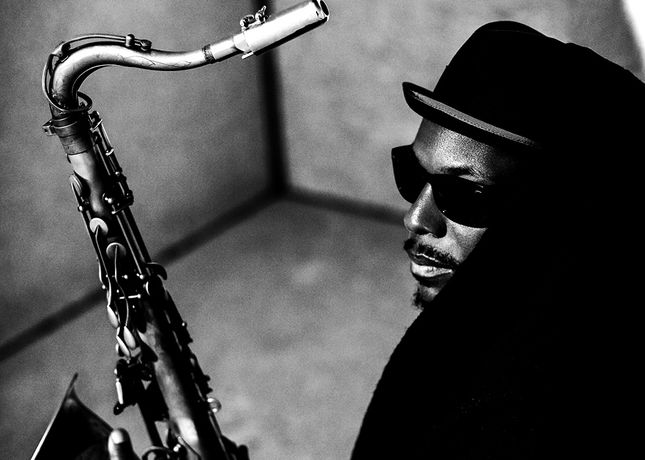

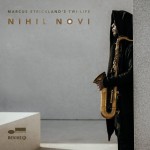
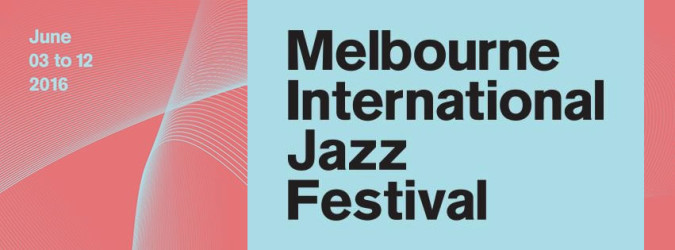
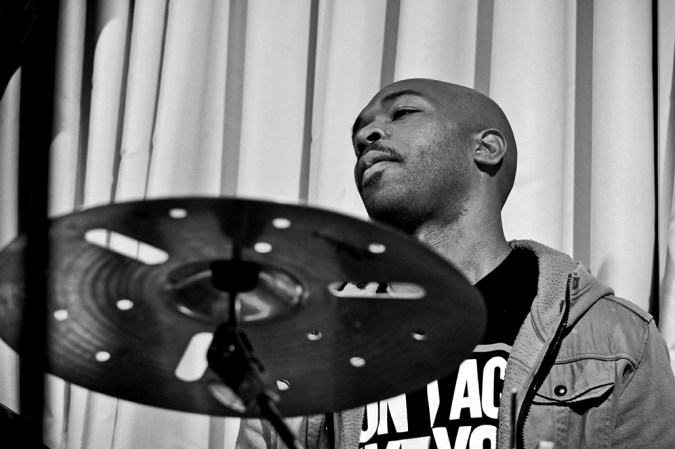
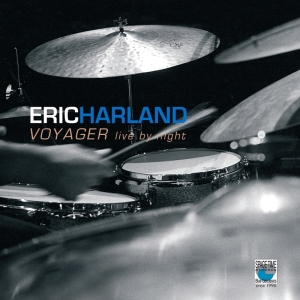
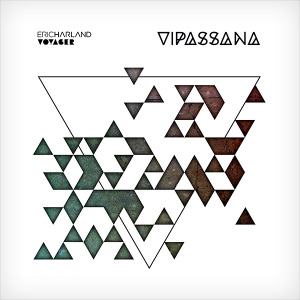
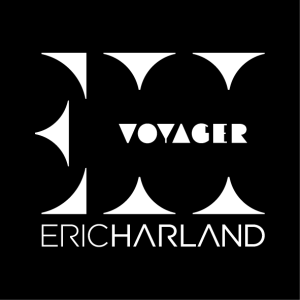 You can also hear Eric Harland playing at Bennetts Lane on Friday night with the
You can also hear Eric Harland playing at Bennetts Lane on Friday night with the 